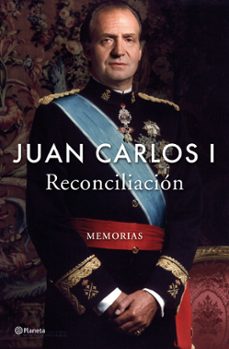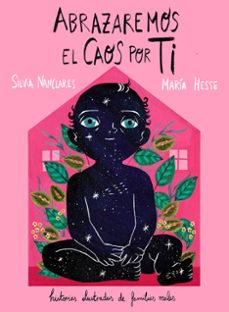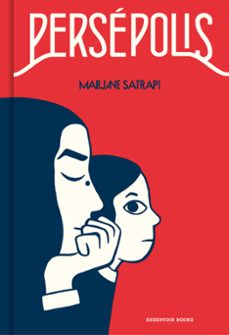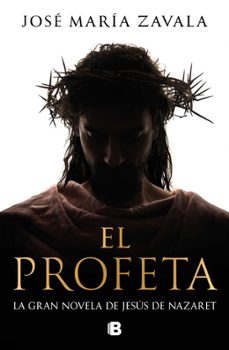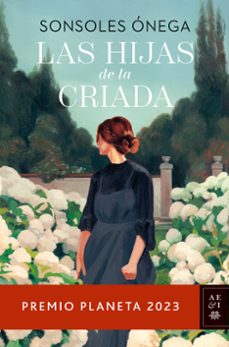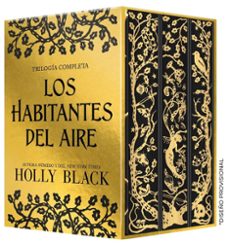📗 Libro en inglés SELECTED AND LAST POEMS 1931-2004
PENGUIN- 9780141392301
Sinopsis de SELECTED AND LAST POEMS 1931-2004
This is the most beautiful and powerful of Milosz's poems from across his writing life. This selection brings together the most beautiful and powerful of Czeslaw Milosz's poems, spanning his writing life. In verses such as 'Cafe' he considers the upheaval, revolutions and two world wars that he had witnessed, while 'My Faithful Mother Tongue' reflects the loyalty he felt to his native Polish language. He also remembers his schooldays in 'The World', and in 'Bypassing Rue Descartes' recalls the Paris streets of his student years, displaying both tenderness and tough-minded fury towards those who shaped his experiences. Writing not about abstract emotions, but about the horrors and beauty that he directly observed, Milosz opens our eyes to the joy-bringing potential of the poetry to which he gave his life. Winner of the Nobel Prize for Literature Czeslaw Milosz (1911-2004) won the Nobel Prize for Literature in 1980. Born in Lithuania while it was still part of the Russian Empire, he lived much of his life in Poland or exiled in California. He was the author of one of the definitive books on totalitarianism, The Captive Mind, but also wrote with extraordinary vividness and moral authority on his childhood, his experiences under Nazism and on the tragedy of Central Europe.
Ficha técnica
Editorial: Penguin
ISBN: 9780141392301
Idioma: Inglés
Encuadernación: Tapa blanda
Fecha de lanzamiento: 14/03/2014
Año de edición: 2014
Especificaciones del producto
Escrito por Czeslaw Milosz
Nació en 1911, en Lituania. Su infancia fue todo menos apacible: sacudida por la guerra de 1914, la Revolución soviética sorprendió a su familia en Rusia y la obligó a volver a la patria en una nueva guerra entre rusos y polacos. Se licenció en Derecho, pero prefirió dedicarse a la literatura, ganándose la vida como redactor literario en la radio. Su poesía le colocó muy pronto en un lugar destacado en el movimiento vanguardista de Polonia. Publicó sus primeros poemas entre 1934 y 1937. En 1946, es enviado a Estados Unidos en calidad de agregado cultural. En 1951, en París, rompe con el gobierno de Varsovia y se establece en Francia. Escribe entonces sus obras en prosa más importantes: El pensamiento cautivo, Otra Europa (Marginales 67 y 68, Fábula 241) y El valle del Issa. Profesor de literaturas eslavas en la Universidad de Berkeley, California, Czeslaw Milosz obtuvo el Premio Nobel de Literatura en 1980. En Tusquets Editores hemos publicado también Poemas (Marginales 79), una selección de su amplia producción poética realizada por Barbara Stawicka.
Descubre más sobre Czeslaw Milosz Recibe novedades de Czeslaw Milosz directamente en tu email
Opiniones sobre SELECTED AND LAST POEMS 1931-2004
¡Sólo por opinar entras en el sorteo mensual de tres tarjetas regalo valoradas en 20€*!

